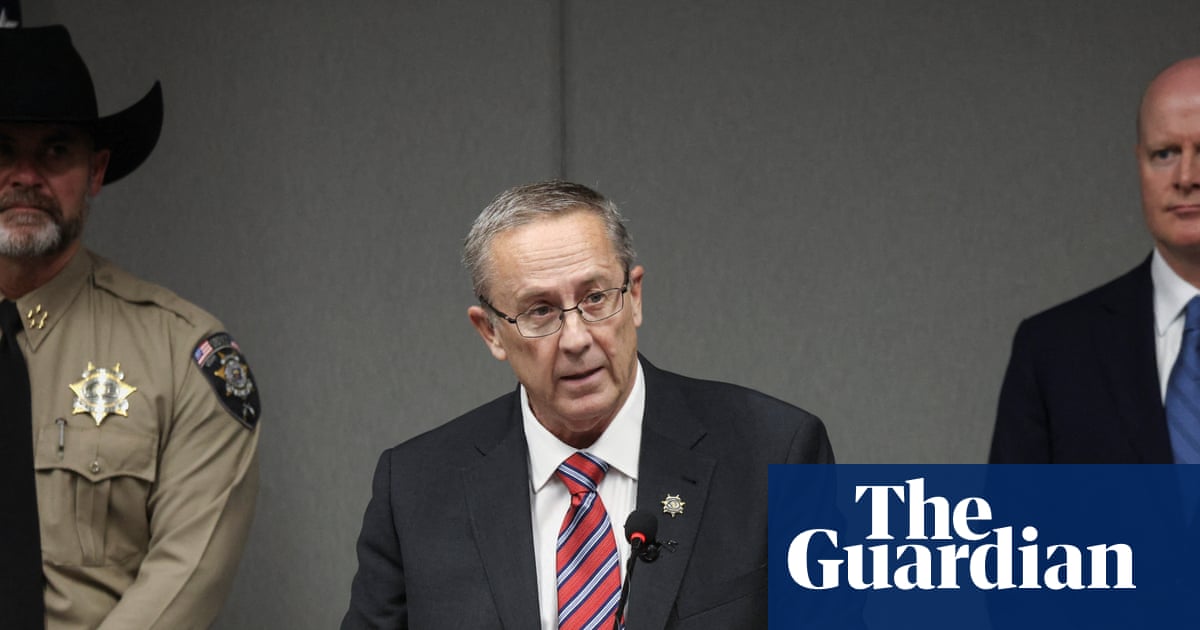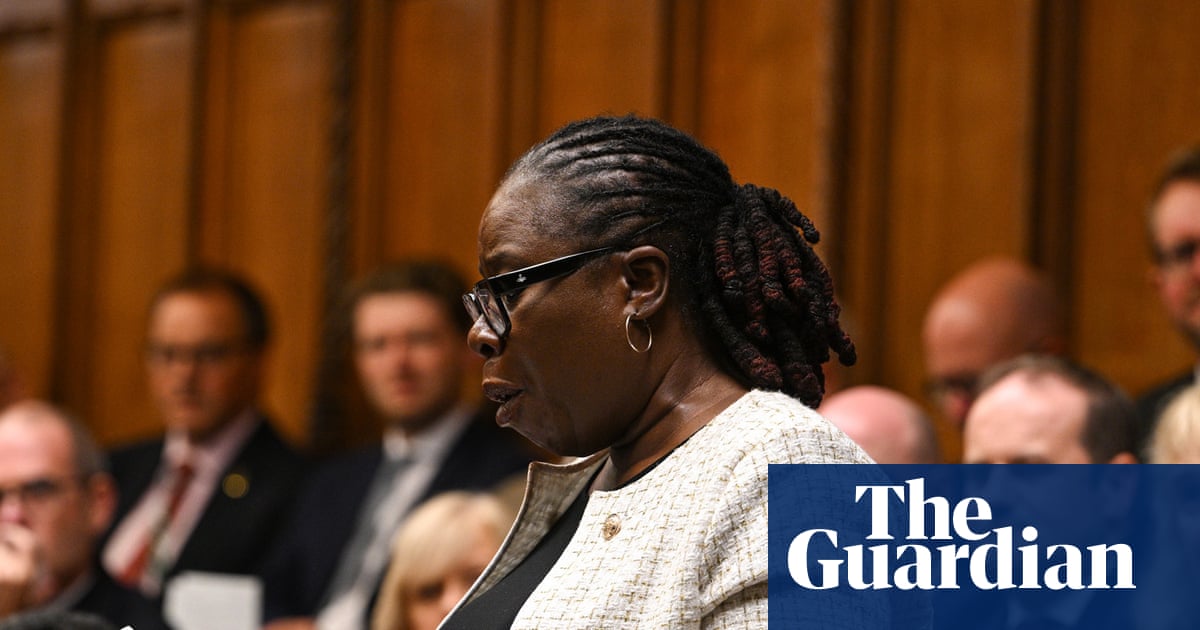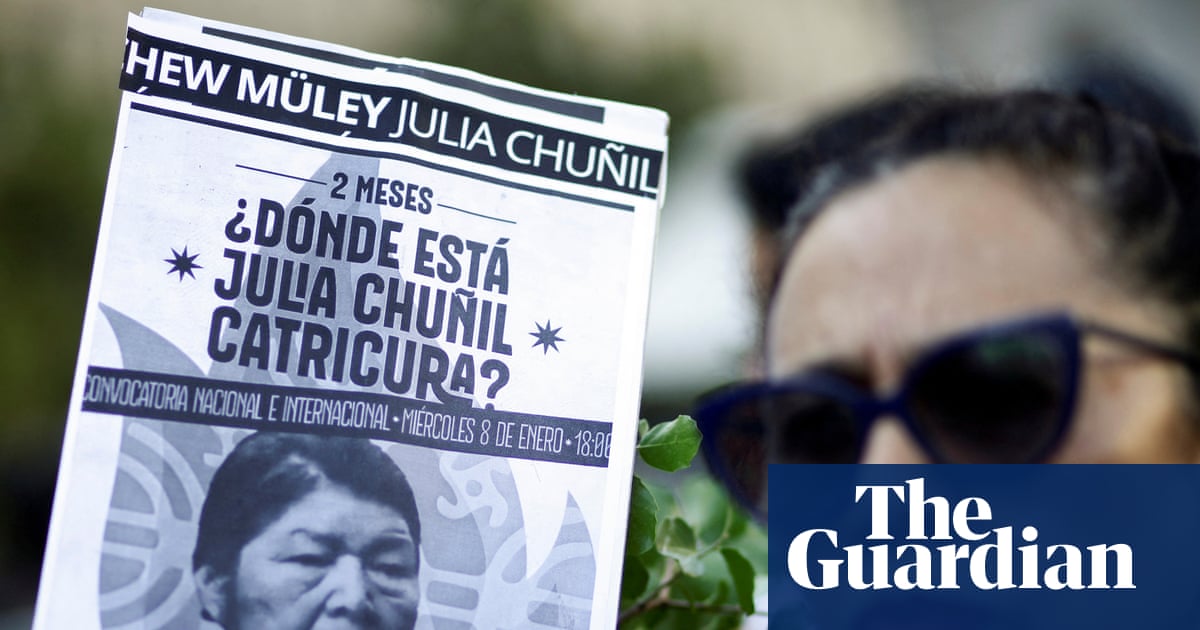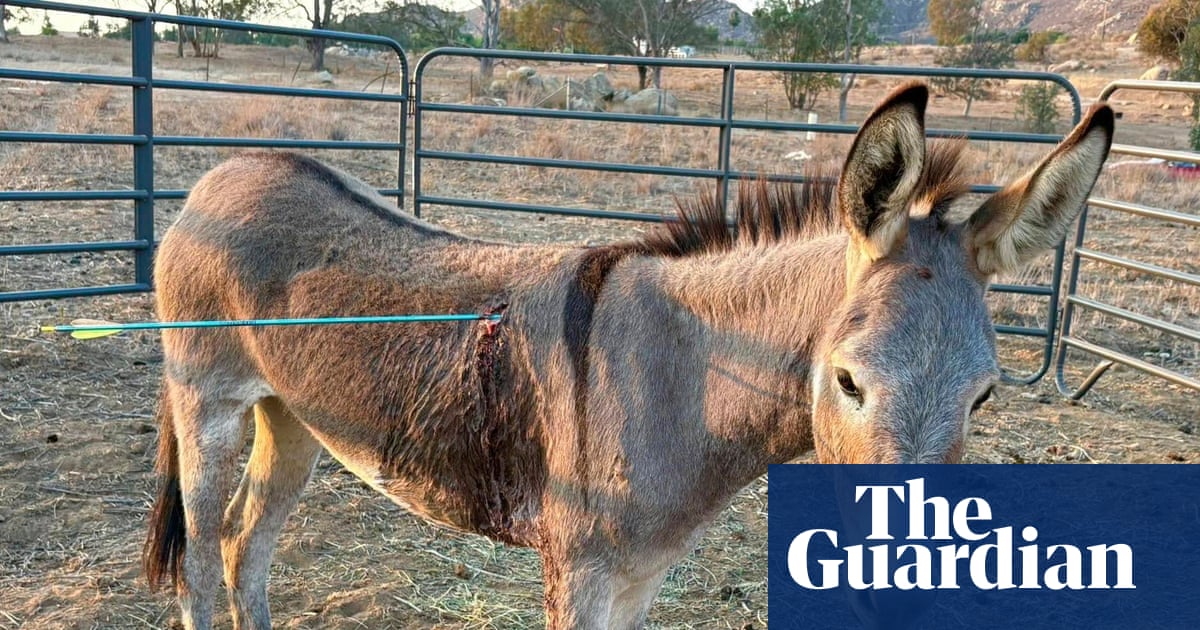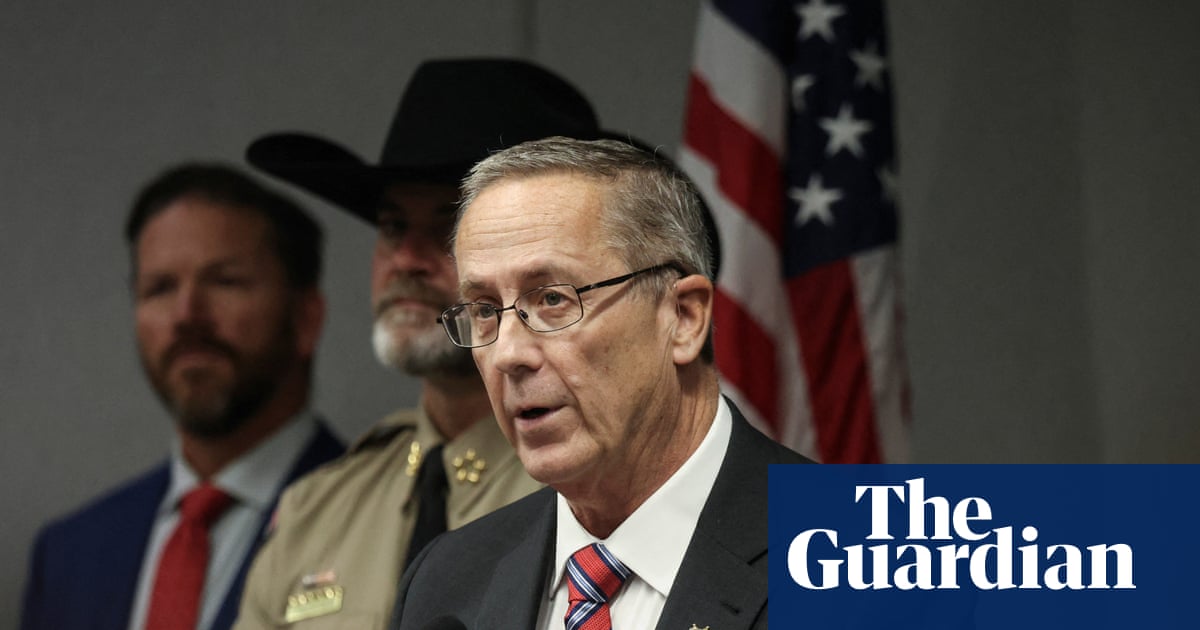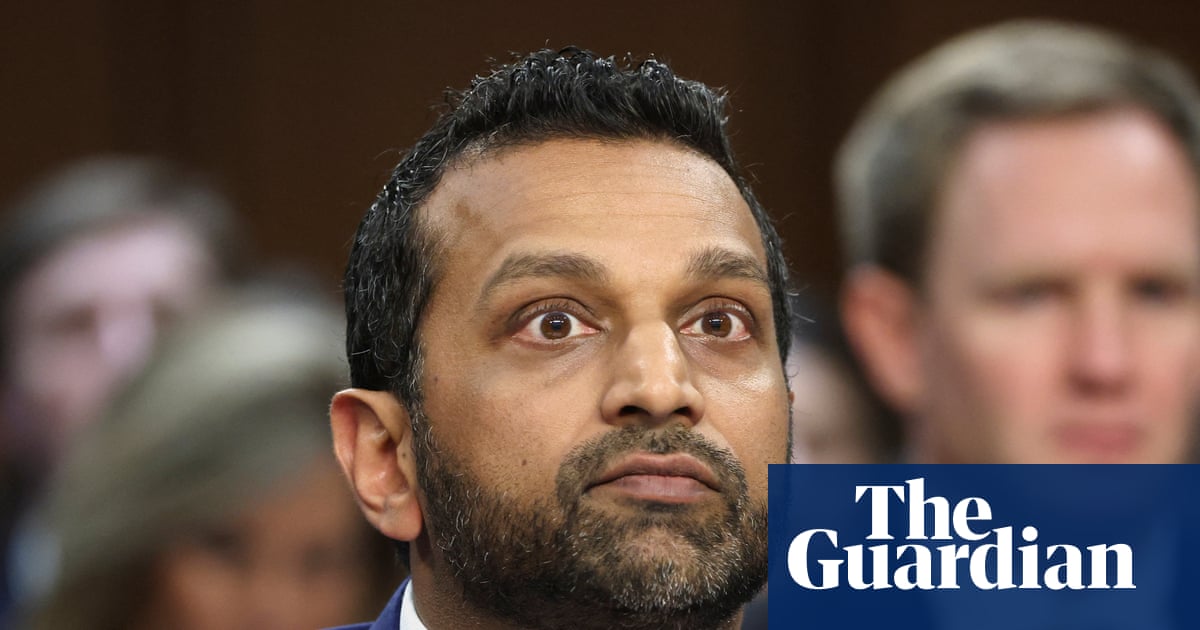You are right to argue that rising alcohol harm must be addressed in the government’s 10-year health plan (The Guardian view on alcohol and public health: the drinks industry must not control the narrative, 1 June). If ministers are “staking their reputation on economic growth”, they need to deal head-on with one of the biggest drivers of premature death and lost productivity, while ignoring spurious claims made by alcohol companies whose profits have for too long trumped public health.
Alcohol harm costs England at least £27bn a year – almost double what the Treasury collects in alcohol duty. These harms aren’t incidental to the alcohol market; they are intrinsic to it. While the industry promotes “moderate drinking”, evidence shows that its profits and growth depend on the heaviest drinkers. It’s no coincidence that Diageo’s CEO recently described moderation as the industry’s “biggest disrupter”.
Policies that reduce alcohol consumption are consistently shown to be sound investments, recommended by the Organisation for Economic Co-operation and Development, the World Bank and the World Health Organization. In Scotland, the introduction of minimum unit pricing (MUP) led to a 13% drop in alcohol-specific deaths and a 4% fall in hospital admissions. If adopted in England, MUP could reduce premature mortality while saving the NHS millions and help create a healthier workforce.
England urgently needs a national alcohol strategy. Bold, evidence-based measures like MUP must be at its core, with commercial vested-interest groups kept at the margins.
Dr Katherine Severi
Chief executive, Institute of Alcohol Studies
Your editorial reflects the serious concerns that we at World Cancer Research Fund and many other organisations have around the ineffectiveness of England’s alcohol regulation. The evidence shows that there is no safe level of alcohol consumption when it comes to cancer risk. And there are around 17,000 alcohol-related cancer cases in the UK every year, as well as 200 other associated health conditions caused by alcohol.
In our Cancer Prevention Action Week (23-29 June), we will showcase polling that highlights the chasm between public perception about alcohol and cancer risks. We want the public to have correct health information at their disposal so they can understand their cancer risks and make informed choices. Now is the time for direct action. The UK government urgently needs to join the dots on regulation around alcohol marketing and labelling.
We urge members of the public to do their part and sign our petition to advocate with us for better regulation in England.
Dr Giota Mitrou
Executive director of research and policy, World Cancer Research Fund
Nearly half of UK adults now drink alcohol-free products, and our research shows that 68% of them use these drinks to cut down on alcohol. But despite this momentum, outdated labelling rules are holding people back.
For over a decade, governments have delayed a straightforward change: allowing drinks at or below 0.5% ABV to be labelled “alcohol-free”. This is already the international standard and reflects the reality – drinks at this level contain no more alcohol than a ripe banana, sourdough bread or even some soft drinks. Yet UK producers are still forced to use the term “low alcohol” for these drinks, confusing consumers and deterring many from trying them.
Laura Willoughby
Co-founder, Club Soda

.png) 3 months ago
37
3 months ago
37


